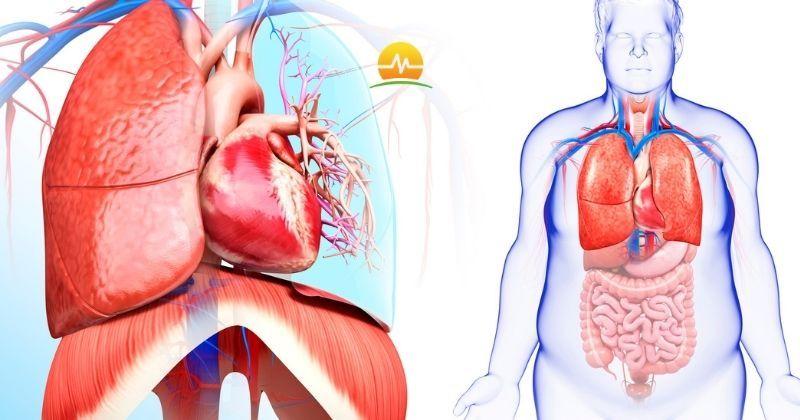
Updates and articles about Obesity

 Need to Know: Ozempic, Wegovy & Mounjaro for Weight Loss
Need to Know: Ozempic, Wegovy & Mounjaro for Weight Loss
 Pregnancy Considerations After Bariatric Surgery
Pregnancy Considerations After Bariatric Surgery
 Sleep Series Part 1: How Poor Sleep Can Cause Excess Weight
Sleep Series Part 1: How Poor Sleep Can Cause Excess Weight
 The Limitations of BMI and the Simple Measurement You Should Do at Home
The Limitations of BMI and the Simple Measurement You Should Do at Home
 Can You Be Obese and Healthy?
Can You Be Obese and Healthy?
 Another Reason to Lose Weight and Get Healthier – Your Kids
Another Reason to Lose Weight and Get Healthier – Your Kids
 Can Excess Weight Cause AFib?
Can Excess Weight Cause AFib?
 Fat but Fit May Not Truly Exist
Fat but Fit May Not Truly Exist
 Understanding Portion Sizes for Long-Term Health
Understanding Portion Sizes for Long-Term Health
 Adolescent Obesity – Where We’re Headed and Why It’s So Dangerous
Adolescent Obesity – Where We’re Headed and Why It’s So Dangerous
 How Can Primary Care Physicians Best Manage Patients with Obesity?
How Can Primary Care Physicians Best Manage Patients with Obesity?
 Bariatric Surgery Tied to Lowered Risk of Colorectal Cancer
Bariatric Surgery Tied to Lowered Risk of Colorectal Cancer
After Weight Loss Surgery
Bariatric Procedures
Bariatric Surgery
BMI
Colonoscopy
Colorectal Disease
COVID-19
Diabetes
Diet
Diverticulosis
Exercise
Expectations
Gallbladder Surgery
Gastric Bypass
Gastric Sleeve
General Surgery
GERD
Getting Started
Hemorrhoids
Hernia Surgery
Hydration
In The News
Joints
Obesity
Osteoarthritis
PPIs
Premier Protein Recipes
Robotic Surgery
Sleep
Social Media
Support
Wegovy/Zepbound
Weight Loss
Weight Loss 101


